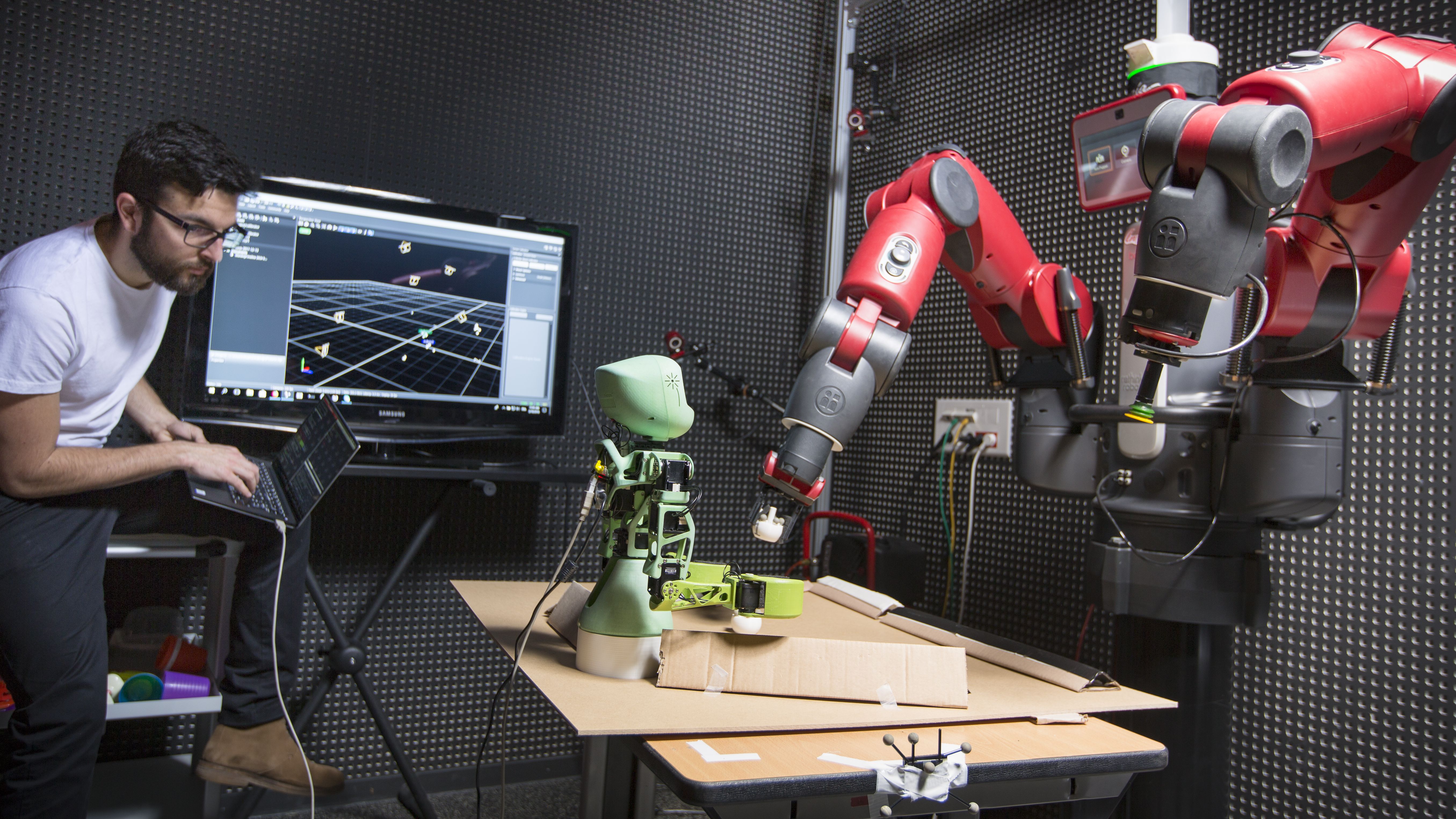From PDEs to certified computational models : this is the motto of CARDAMOM . We aim at providing a robust model development methodology, as well as a quantitative approach to model certication, allowing to assess the robustness of the model w.r.t. each of its components (equations, numerical methods, etc), and to assess the variability of the outputs w.r.t. random variations of the data.
We will achieve this objective working toward a unified set of tools for the engineering analysis of complex flows involving moving fronts. Examples of such flows be found in civil, industrial, and aerospace engineering : industrial hazards (explosions), free surface hydraulics (coastal hydrodynamics, floods, etc), energy conversion facilities (gas-vapour, liquid-vapour systems, wave energy conversion, etc.), space-reentry (chemically reacting fronts, ablating walls, rarefied/continuous flows), wing de anti-icing systems (ice-air flow), etc.
Simulating, optimising, and controlling these systems in a robust manner is far from being a simple task, especially in a real life. There is still a large number of open scientic challenges. These are related to the intrinsic nature of these flows necessitating:
- an approppriate PDE formulation taking into account the physics relevant to the engineering applciations while remaining computationally affordable in an operational context;
- efficient adaptive discretizations allowing to optimize the computational effort, while providing a sharp and accurate resolution of the physics;
- a certification step quantifying the uncertainty in engineering oputputs due to all modelling choices, both physical, and mathematical (continuous and discrete)
To develop a robust and accurate model means to be able to quantify and control the effects of the choices made in each of the above steps. The development of robust models taylored to the applications mentione above is the objective of CARDAMOM.
Centre(s) inria
In partnership with
Contacts
News

High-Performance Computing : INRIA involved in eight European projects

Flooding in the city: how can you anticipate it by looking to the oceans?

Digital sciences conquer the sky and the stars
Portraits of colleagues

Towards a more sustainable energy future: the scientific challenges facing the Inria Centre at the University of Bordeaux

Climate and environment: research challenges in the digital sciences
AMDECC Project wins award at Teratec Forum

AI - at the heart of research at the Inria Bordeaux - Sud-Ouest centre
From physical models to digital models

